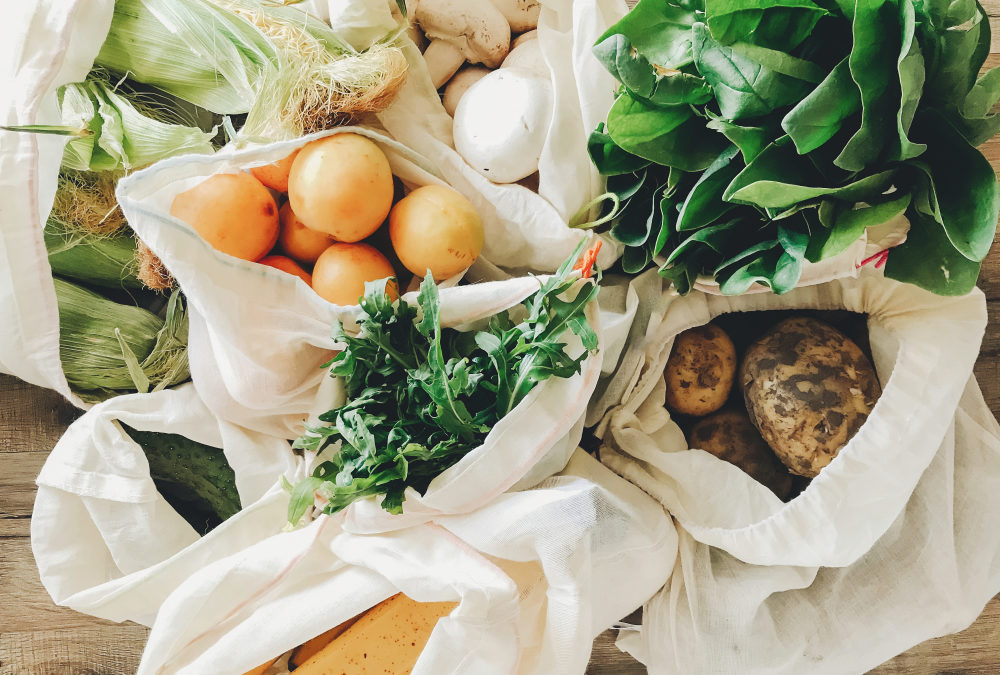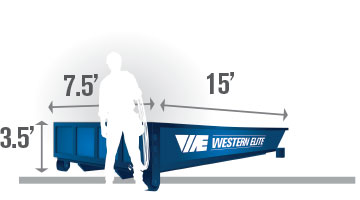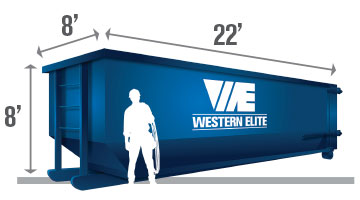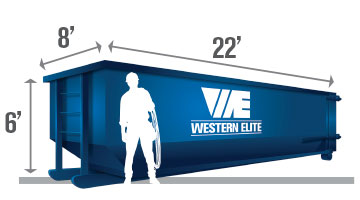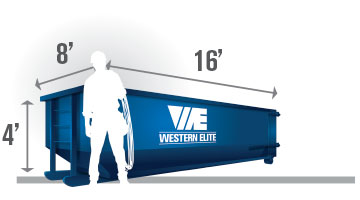The way we chose to look at our consumption levels has changed over the years, and so has the way we look at our trash bin. Over the years, being mindful of waste has changed us, and turned us into more careful consumers. From what we decide to reuse, how we decide to recycle, and how we choose to consume, we can make a significant difference in our personal waste habits. Unfortunately, sometimes we forget the most simple, basic ways we can reduce what we consume, and what ends up in the landfill. Sometimes all we need is a quick reminder of the small ways we can do more in everyday situations; in this case, grocery shopping and preparing meals. So, let’s talk trash.
Think About In-Store Plastic Usage
Go to any store or supermarket and you’ll see aisles filled with products safely wrapped in plastic, just waiting for your purchase and eventual use. The issue is, when we see a product wrapped in plastic, we’re seeing the “freshness” it can bring our food products, and not always the wastefulness of the material. On a basic level, we need to look at plastic differently. After all, plastic seems entirely harmless in the store, and only a mild nuisance to our junk drawers, but this is all until it’s in our trash and out of our control. What can we do to reduce the plastic?
- Get back the basics of bringing reusing bags to the grocery store. Make it a habit to keep reusable bags nearby so you’re never without the option in the case that you need to head to the store on a whim. You might think it best to use in-store paper bags at the checkout line, versus plastic. Sadly, paper and plastic bags decay at around the same rate in the landfill and paper adds more volume. Stick to reusable whenever it’s possible.
- Reuse the plastic bags you have on hand. Most of us have the neverending pile of plastic bags we’ve kept in our kitchen junk drawer from previous shopping trips. They don’t have to stay junk and can be used for something other than to line our small waste bins. Why not bring them back to the store and use them a second or third time? Of course, plastic bags that are a little worse for wear likely can’t carry a bag full of groceries, but they can be used to cover delicate produce or hold lighter items.
Shopping and Food Waste Consumption
More often than not, certain types of mindless wasting can lead to other types of waste. For example, how often is it that you throw away unused, out of date, or excess food? It happens to the best of us. Whether it’s because we try and save money by purchasing foods in bulk, or accidentally make more food than we need, we are inevitably adding to our waste production in more than one way.
It’s not uncommon for families to purchase food items in bulk. After all, bulk buying can save you precious shopping time and money. However, if we’re not mindful of what foods we’re purchasing in bulk, we could be contributing to wastefulness by buying large quantities of items whose packaging can’t be recycled. Not only could we be producing more waste than average due to packaging, but if it’s more food than we can consume before their expiration dates pass, we add to food waste as well.
- Purchase “naked” bulk food items. This doesn’t mean you shouldn’t buy food in bulk. By all means, buying unpackaged dry foods in bulk can still save you money, but it can also contribute to far less waste if you choose to buy unpackaged, “naked” bulk food items. Use reusable, lightweight cloth bags or previously used plastic bulk bags (the ones found in the bulk food section of most grocery stores) to hold your dry food items.
Reduce Your Trash by Staying Mindful
Of course, there are a million and one ways to reduce your overall waste. But you can do more just by getting back to the basics and using less! The basic rule of “The 3 R’s” is a great thing to keep in mind.
- Reduce your waste by buying less and purchasing mindfully
- Reuse the plastic bags and containers whenever possible. Keep reusable shopping bags close.
- Recycle what you know you can and only trash what you know you can’t.
All this can lessen a large amount of trash, junk, and food waste that we didn’t even see coming and never planned for! Although we can’t always be perfect, there are a few basic principles we can keep in mind to lower our waste. Whether it’s purchasing fewer food items in hard to recycle plastic and cartons, purchasing or carrying reusable bags, there are so many ways to make small but effective differences.

